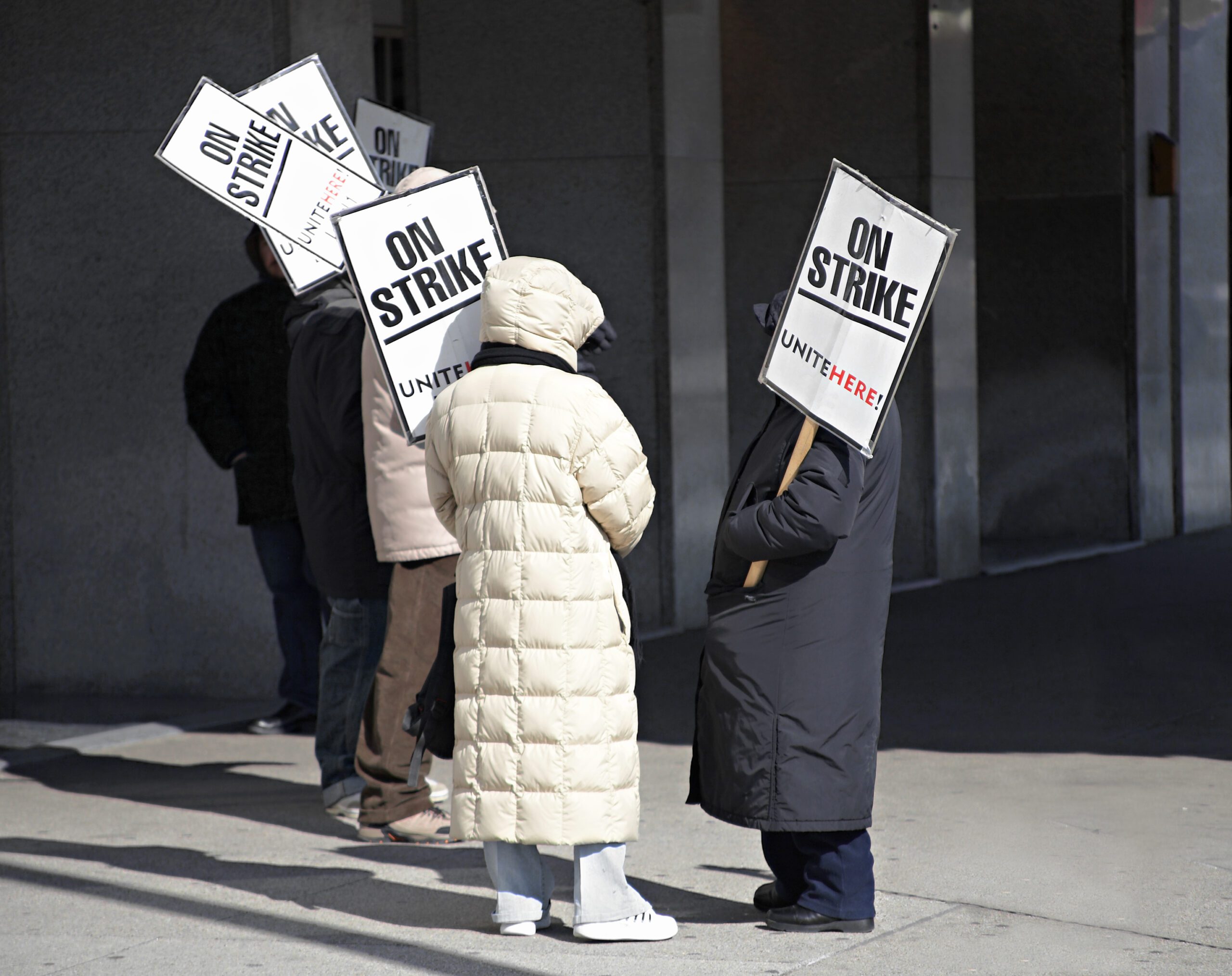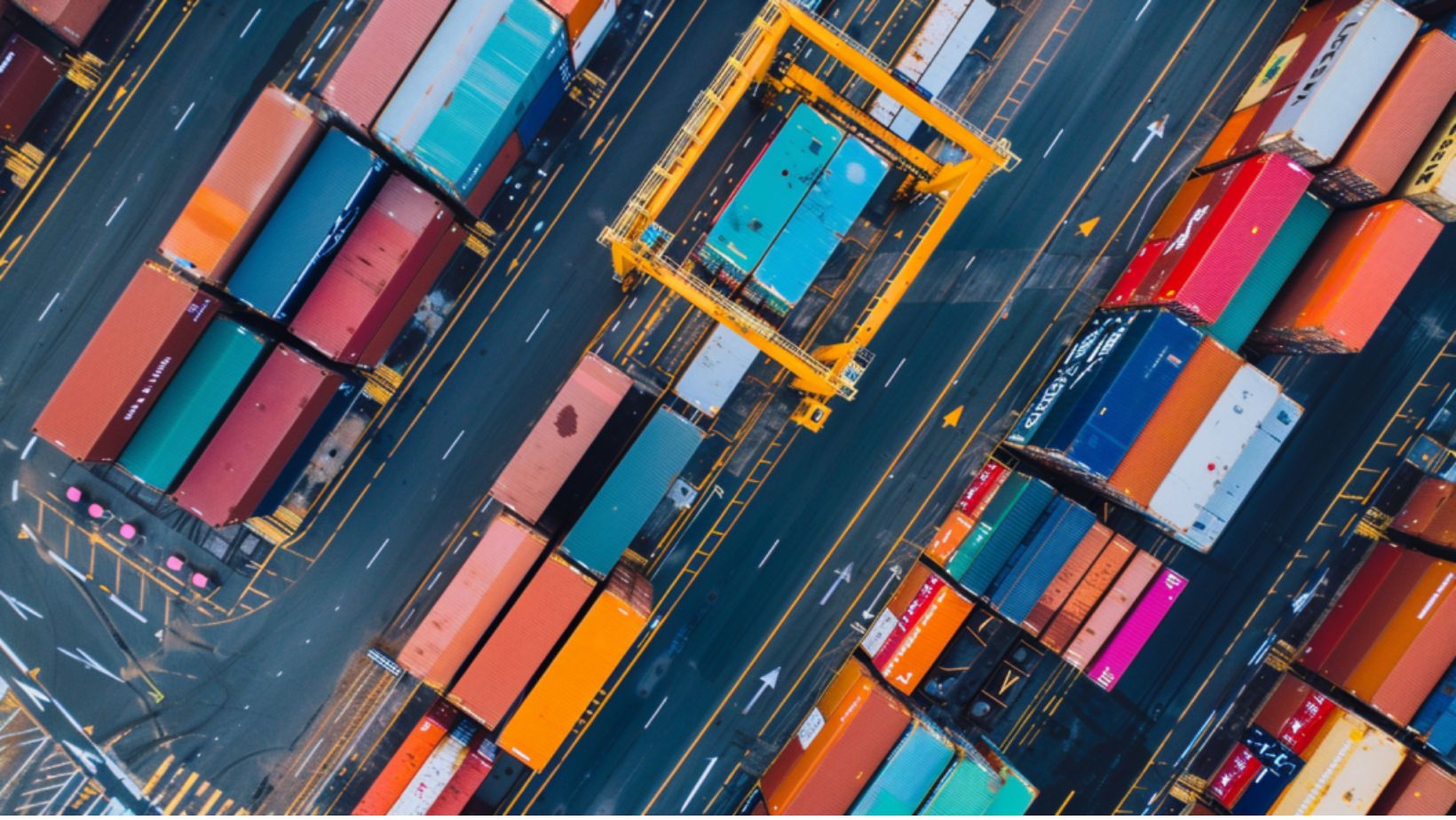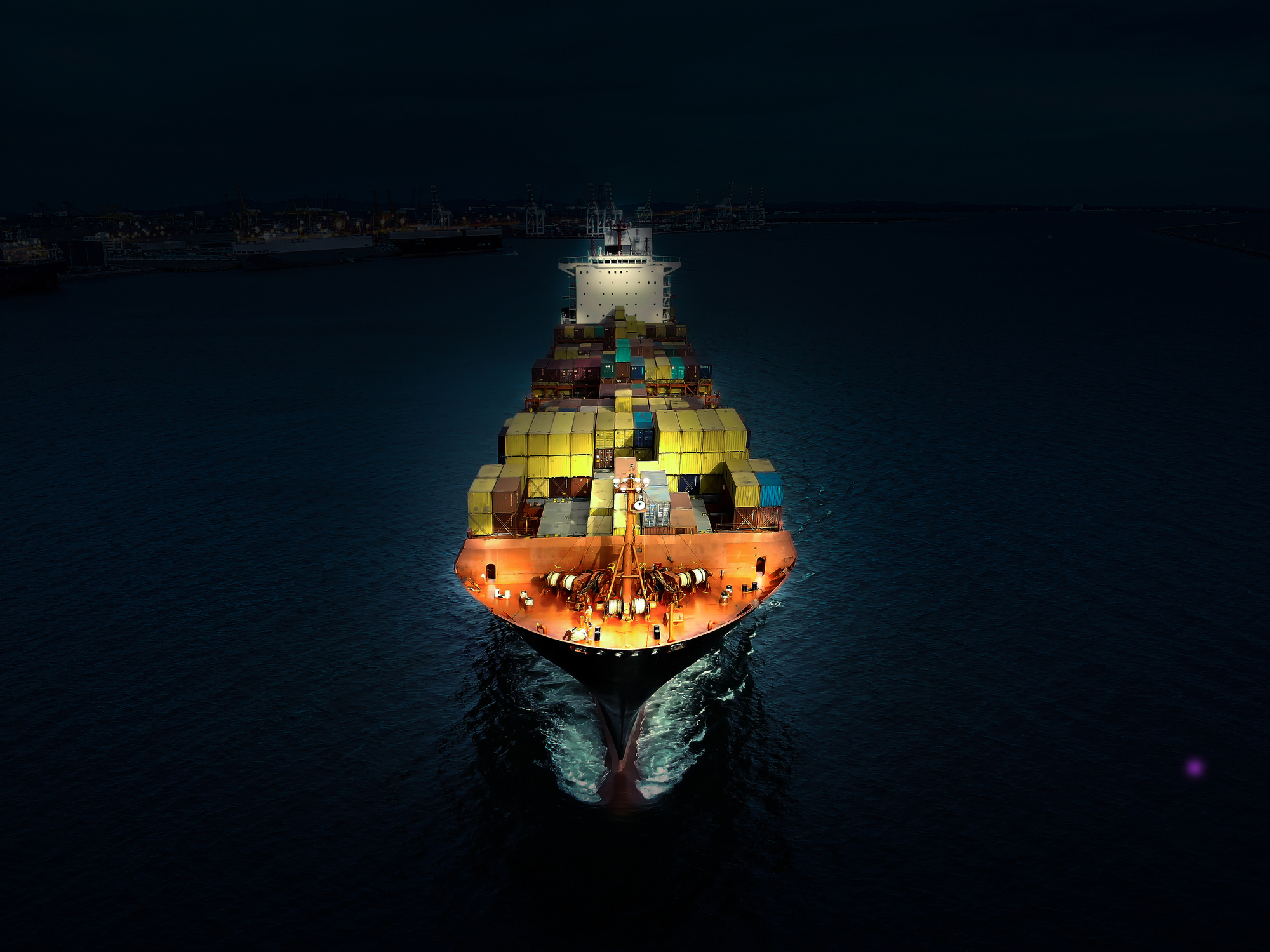In recent news, the International Longshore & Warehouse Union, Canada’s Longshore Division (ILWU) announced that its members have initiated a strike at the West Coast ports of Vancouver and Prince Rupert. This decision comes after months of prolonged negotiations with the British Columbia Maritime Employers Association (BCMEA) failed to reach a satisfactory resolution. In this blog post, we will delve into the details of the strike, its potential ripple effects on the economy, and the role of the Canadian government in this situation.
The Port Strike and Key Issues
Union president Rob Ashton revealed that over 99% of the union’s members voted in favor of the strike as a means to secure a favorable outcome for the workers. The primary points of contention in the negotiations are automation, the use of contract work, and salary concerns. While the ILWU Canada Longshore Division expressed its commitment to continuing negotiations, the BCMEA emphasized its good-faith efforts and willingness to explore various methods, including mediated arbitration, to reach a fair agreement.
Potential Economic Impact
The strike at the western Canadian ports carries the potential to adversely affect the US economy, as these ports play a crucial role in handling goods from Asia. Approximately $225 billion worth of cargo passes through Canadian ports each year, with 15% of consumer trade flowing through the Port of Vancouver and two-thirds of containerized import volume going to the Port of Prince Rupert. Consequently, a significant portion of these goods is intended for the US market. Many businesses prefer these ports due to their faster rail services compared to the ports of Seattle or Tacoma.
Potential Disruptions and Delays
If the strike persists, it may lead to congestion and backlogs at the ports, which, in turn, can cause delays in pickups from terminals. These delays can result in late fees that are often passed on to consumers. Moreover, the accumulation of containers at the Canadian ports can impact rail terminals in Chicago and Detroit in the coming weeks, potentially leading to congestion and delays in those regions as well. The situation could resemble the disruptions experienced during the COVID-19 pandemic, further straining the supply chain.
The Role of the Canadian Government
Considering the potential implications of the strike on the economy and the fragile state of the supply chain, some question whether the Canadian government should intervene. While the Canadian government had appointed mediators to oversee the negotiations until May, the talks were put on hold for a cooling-off period. As of now, it remains to be seen whether the government will step in to facilitate a resolution that benefits both the workers and the employers.
The strike by Canadian West Coast port workers has created significant concerns about its potential impact on the economy, particularly on trade between Asia and the United States. The issues of automation, contract work, and salary have driven the workers to take this action, seeking a favorable settlement. With the fragility of the supply chain and the possibility of disruptions and delays, there is a growing debate about whether the Canadian government should intervene to find a resolution. The coming days will determine the course of action and shed light on the path forward for all stakeholders involved.
As the Canadian West Coast port strike continues, we will continue monitoring the situation. It is crucial for us to choose a shipping partner that can navigate these challenges seamlessly. At RS Express, we have a proven track record of delivering reliable and efficient shipping solutions, even in the face of disruptions. You can trust us to safeguard your business interests and keep your supply chain running smoothly during this critical time.
Contact RS Express today to discuss your shipping needs and experience the reliability and professionalism that sets us apart from the competition. Together, we can overcome these challenges and keep your business moving forward.







Follow Us